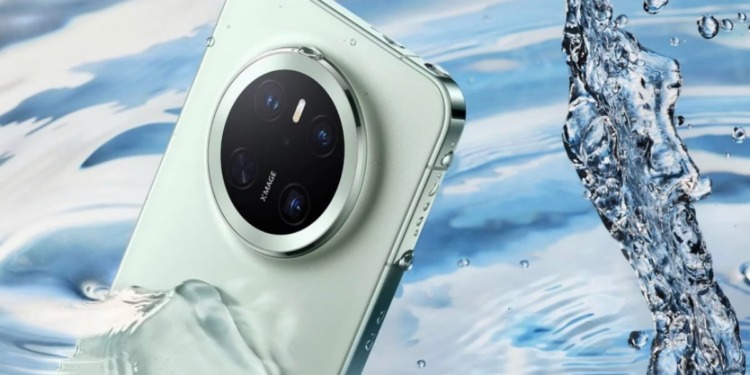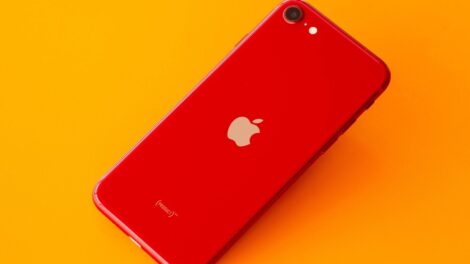Huawei Struggles to Meet Overwhelming Demand for Mate 70, an outcome that has created both triumph and turbulence for the Chinese tech giant. This surge in consumer interest is a testament to the company’s resilience and technological advancements, particularly as it navigates challenges posed by international trade restrictions and a fiercely competitive smartphone market. Yet, the overwhelming response has exposed Huawei’s supply chain constraints and its ability to meet skyrocketing expectations.

The Mate 70 represents a significant milestone for Huawei, especially in a post-restriction era where the company has had to innovate independently of U.S.-based technologies. The device has quickly become a symbol of Huawei’s capacity to defy odds, boasting state-of-the-art features, cutting-edge processors, and a design tailored to outpace its competitors. However, the narrative surrounding the Mate 70’s success is equally about its shortcomings, with supply shortages and delayed deliveries becoming a recurring theme for eager buyers.
The Demand Surge and Its Implications
The Mate 70’s introduction coincided with Huawei’s renewed efforts to reassert dominance in the global smartphone industry. Market analysts have observed that the demand for this device far exceeds what the company anticipated, largely driven by its technological allure and a resurgence of consumer trust in Huawei’s brand. While this level of enthusiasm affirms Huawei’s strategy, it also underscores the challenges of scaling production to meet such explosive demand.
Huawei’s inability to fulfill orders promptly has frustrated some customers, raising questions about whether the company underestimated its device’s appeal or overestimated its production capabilities. The strain on its supply chain is not merely an operational hiccup; it highlights vulnerabilities that could impede Huawei’s recovery in markets where it seeks to regain ground.
Key Features Fueling Demand
The Mate 70 is equipped with standout features that have captivated both loyal Huawei users and new buyers. Its centerpiece is the advanced Kirin 9000s chipset, a proprietary development that reflects Huawei’s strides in semiconductor innovation amid restrictions from accessing Western technology. Additionally, the device offers groundbreaking camera capabilities, AI-driven software optimizations, and extended battery life, setting a high standard for premium smartphones.
These features, combined with aggressive marketing campaigns and favorable pricing, have fueled the Mate 70’s appeal. Huawei has also leveraged patriotic sentiment within China, where the device is seen as a triumph of domestic innovation against global adversities. This emotional resonance has amplified local demand, creating a ripple effect in international markets.
Supply Chain and Production Bottlenecks
Huawei’s struggle to meet Mate 70 demand is rooted in several factors, chief among them being supply chain disruptions. The company’s severed ties with U.S. suppliers have forced it to rebuild its supply network from scratch, relying heavily on domestic resources. While this pivot has fostered innovation, it has also limited production scalability.
Furthermore, the production of the Mate 70’s Kirin processors remains constrained due to the complexity of semiconductor fabrication. Unlike global competitors with access to diverse suppliers and manufacturing hubs, Huawei’s reliance on homegrown capabilities has led to delays in mass production.
The table below provides a comparative overview of Huawei’s supply chain challenges:
| Aspect | Huawei | Competitors (Apple/Samsung) |
|---|---|---|
| Semiconductor Sources | Primarily domestic | Diverse, global supply chains |
| Manufacturing Hubs | Limited to China | Multiple regions worldwide |
| Access to U.S. Tech | Restricted | Unrestricted |
These disparities illustrate why Huawei faces greater difficulties in scaling production compared to its rivals.
Consumer Backlash and Brand Perception
While the Mate 70’s popularity is a testament to Huawei’s innovation, delays in order fulfillment risk alienating consumers. Reports of extended wait times and unavailability in key markets have sparked frustration, particularly among buyers who view the device as a status symbol or professional necessity.
Huawei has attempted to manage expectations through public statements acknowledging the delays and committing to ramping up production. However, the company must act swiftly to mitigate the risk of eroding consumer trust, which is crucial for maintaining its momentum in a highly competitive industry.
Strategic Adjustments Moving Forward
Addressing the overwhelming demand for the Mate 70 requires strategic adjustments on multiple fronts. Huawei must accelerate its efforts to optimize production efficiency, either by expanding its manufacturing capabilities or exploring partnerships with external suppliers.
Additionally, the company should prioritize transparency with its customer base. Clear communication regarding order timelines and supply limitations can help alleviate frustration and maintain loyalty. Huawei may also need to recalibrate its marketing strategies to better align with its production capacity, ensuring that demand remains manageable.
The Broader Implications for Huawei
The Mate 70’s success underscores Huawei’s resilience in an industry where external pressures could have spelled its decline. However, the challenges associated with this success also reflect the broader complexities of navigating a restricted global market. As Huawei continues to innovate and adapt, its ability to overcome supply chain limitations will play a pivotal role in shaping its future trajectory.
For you, as a consumer or industry observer, the Mate 70’s story serves as a reminder of the intricate dynamics that underpin modern technology production. Huawei’s journey from adversity to acclaim is not merely about technological prowess but also about the resilience and adaptability required to thrive in an ever-evolving market.










Add Comment